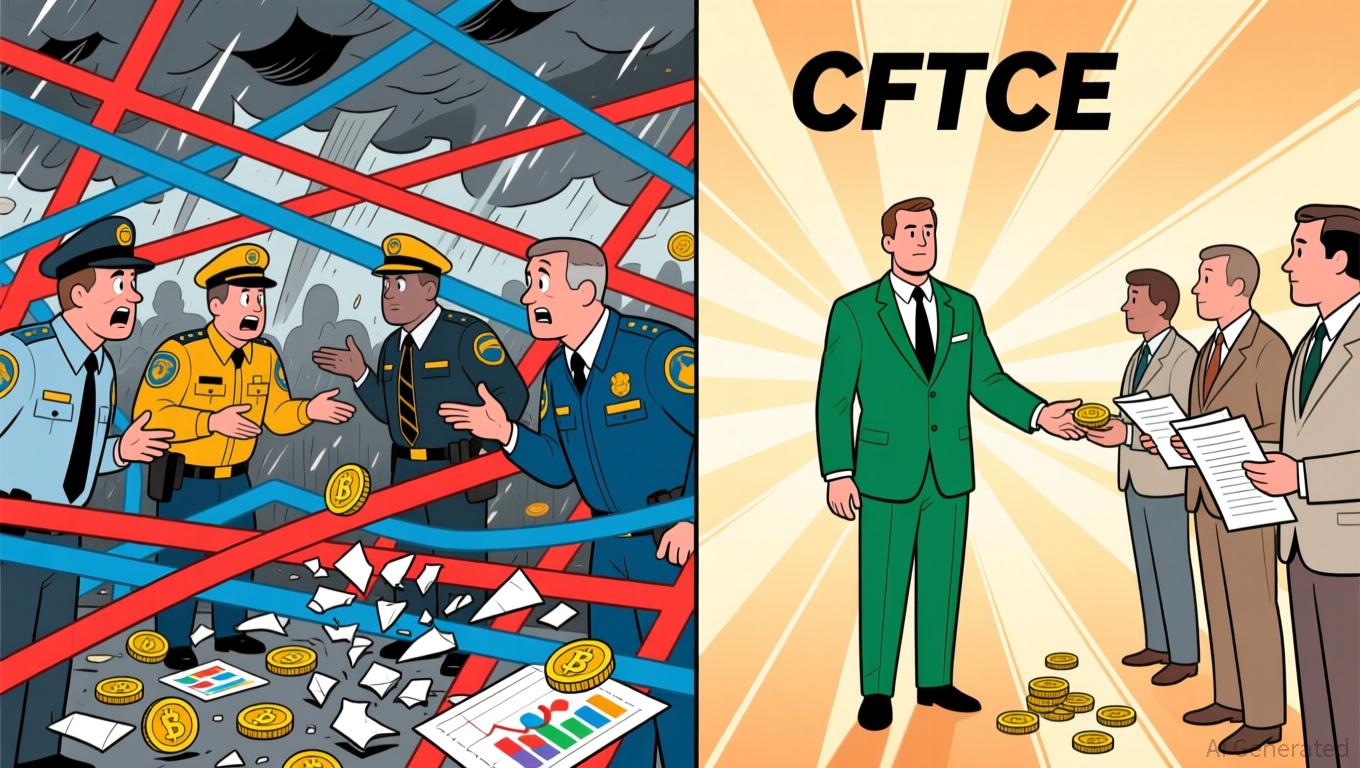Brazil Sets 2026 Start for New Crypto Regulations
- Main event involves regulatory changes affecting Brazil’s crypto market.
- Implementation date set for February 2026.
- Impacts capital requirements and compliance standards for VASPs.
Brazil’s new cryptocurrency regulations will start in February 2026. These will impact Virtual Asset Service Providers (VASPs) by setting rigorous compliance and capital standards, detailed by late 2025, affecting digital assets like BTC and ETH.
Brazil has announced new cryptocurrency regulations that will come into effect in February 2026, significantly impacting virtual asset service providers (VASPs). These regulations aim to enhance compliance and set new capital requirements.
These new regulations are crucial as they mark a shift in Brazil’s approach to overseeing digital assets, aiming to reinforce investor protection and market stability.
The Central Bank of Brazil’s official, Vivan, has confirmed that “new cryptocurrency regulations will take effect in February 2026.” The rules will affect Virtual Asset Service Providers , requiring them to comply with new standards and capital requirements by late 2025. Nagel Paulino, from the Financial System Regulation Department, emphasized a balance between innovation and risk. These regulations address key financial measures, focusing on institutional compliance with minimum capital requirements. Changes will impact banks, custodians, and brokers with demands varying from R$ 1 million to R$ 3 million. The rules promise enhanced oversight with centralized transaction tracking, which is a significant departure from current industry practices in Brazil.
The introduction of these rules will significantly reshape the Brazilian crypto landscape, affecting compliance costs and operational frameworks. “The changes aim to reinforce consumer protection, require proof of financial capacity, elevate governance and cybersecurity standards, and reduce the risk of new attacks, frauds, and insolvencies.” Market reaction is mixed; while some see it as necessary for maturation, others critique potential restrictions on innovation. There is notable anticipation in markets, as seen with fluctuations in the Ethereum futures market. The impact of Brazil’s move may serve as a precedent for other countries contemplating similar regulation in digital asset sectors. This shift will test industry adaptability ahead of the regulatory framework’s commencement.
Disclaimer: The content of this article solely reflects the author's opinion and does not represent the platform in any capacity. This article is not intended to serve as a reference for making investment decisions.
You may also like
Bitcoin News Update: Trump's Pause on China Tariffs Triggers Worker Protests Over Future of U.S. Shipyards
- Trump administration suspends China tariffs on shipbuilding imports, drawing labor union criticism over domestic industry risks and worker refunds. - 175 H-1B visa abuse investigations reveal $15M+ potential refunds, as unions warn of wage suppression and corporate favoritism in trade policies. - Square enables Bitcoin payments for 4M U.S. merchants, advancing crypto adoption while Trump dismisses inflation concerns and vows meatpacking crackdowns.

Bipartisan Legislation Assigns Crypto Regulation to CFTC to Clarify Oversight Uncertainty
- U.S. lawmakers propose shifting crypto regulation from SEC to CFTC via a bipartisan bill, reclassifying most digital assets as commodities. - The draft aims to resolve regulatory ambiguity stifling innovation, building on stalled House CLARITY Act efforts during the 38-day government shutdown. - Market optimism surged as shutdown relief pushed Bitcoin above $105k, with ETF outflows persisting amid anticipation of clearer CFTC-led oversight. - Critics warn of CFTC resource constraints, while proponents hi

Solana News Update: DevvStream Invests in SOL Despite $11.8M Deficit, Shows Strong Confidence in Sustainable Blockchain Prospects
- DevvStream Corp. (DEVS) disclosed holding 12,185 SOL and 22.229 BTC, staking SOL for 6.29% annualized yield amid a $11.8M fiscal 2025 loss. - The company launched a digital asset treasury via BitGo/FRNT Financial, securing $10M liquidity from a $300M convertible note facility. - Plans include a 2026 tokenization platform for carbon credits and Solana staking, aligning with its de-SPAC/Nasdaq listing strategy. - Despite crypto market outflows, DevvStream's staked SOL attracted inflows, contrasting broader
ALGO Falls by 2.28% Over 24 Hours as Short- and Long-Term Performance Shows Mixed Results
- ALGO dropped 2.28% in 24 hours to $0.1844, contrasting with 17.29% weekly and 4% monthly gains but a 44.84% annual decline. - Traders monitor ALGO's resilience amid macroeconomic shifts, though long-term bearish trends highlight structural challenges. - Key support at $0.18 could trigger bullish momentum if held, while breakdown risks further declines toward $0.15. - A backtest analyzing 15% single-day spikes aims to assess ALGO's potential for sustained gains or pullbacks post-rallies.